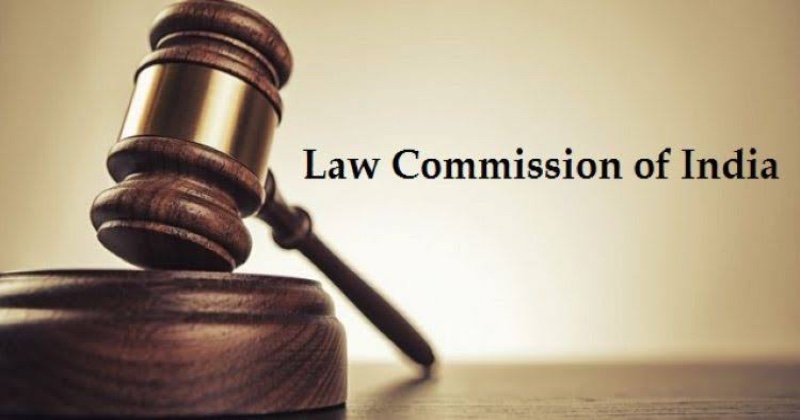
The 22nd Law Commission, in its recently submitted report to the Union Law Ministry, has advocated against reducing the minimum age of consent under the Protection of Children from Sexual Offences (POCSO) Act. The commission’s report comes amid an ongoing debate about criminalizing adolescent sexual activity. Currently, the POCSO Act, dating back to 2012, makes it a crime for individuals under 18 to engage in sexual activity, even if it’s consensual. This age of consent was raised from 16 to 18 years in November 2012.
The Law Commission’s recommendations reflect a stance against lowering the minimum age of consent to 16. It’s important to note that, under the current law, any sexual activity, with or without a woman’s consent, is deemed ‘rape’ if the woman involved is under 18 years old. This aspect of the law has stirred concerns and debates, with the judiciary, including the Supreme Court, and various civil society organizations questioning the criminalization of consensual relationships among adolescents.
These concerns have been driven by an increase in cases under the POCSO Act, where consenting adolescents engaging in sexual activity find themselves entangled in legal proceedings. Chief Justice of India D.Y. Chandrachud has urged the legislature to review the age of consent as specified in the 2012 Act.
Various NGOs and activists have also taken legal action to review the POCSO Act. Studies conducted by organizations like ‘Partners for Law in Development’ and the National Law School of India University indicate that the law’s current application has led to prosecuting numerous consenting couples, including married ones, under the POCSO Act. Moreover, girls between 16 and 18 often decline to testify against the accused under the POCSO Act, further complicating the situation.
These developments suggest the pressing need for a nuanced reevaluation of the age of consent under the POCSO Act to address these issues effectively and fairly.

Post Your Comments